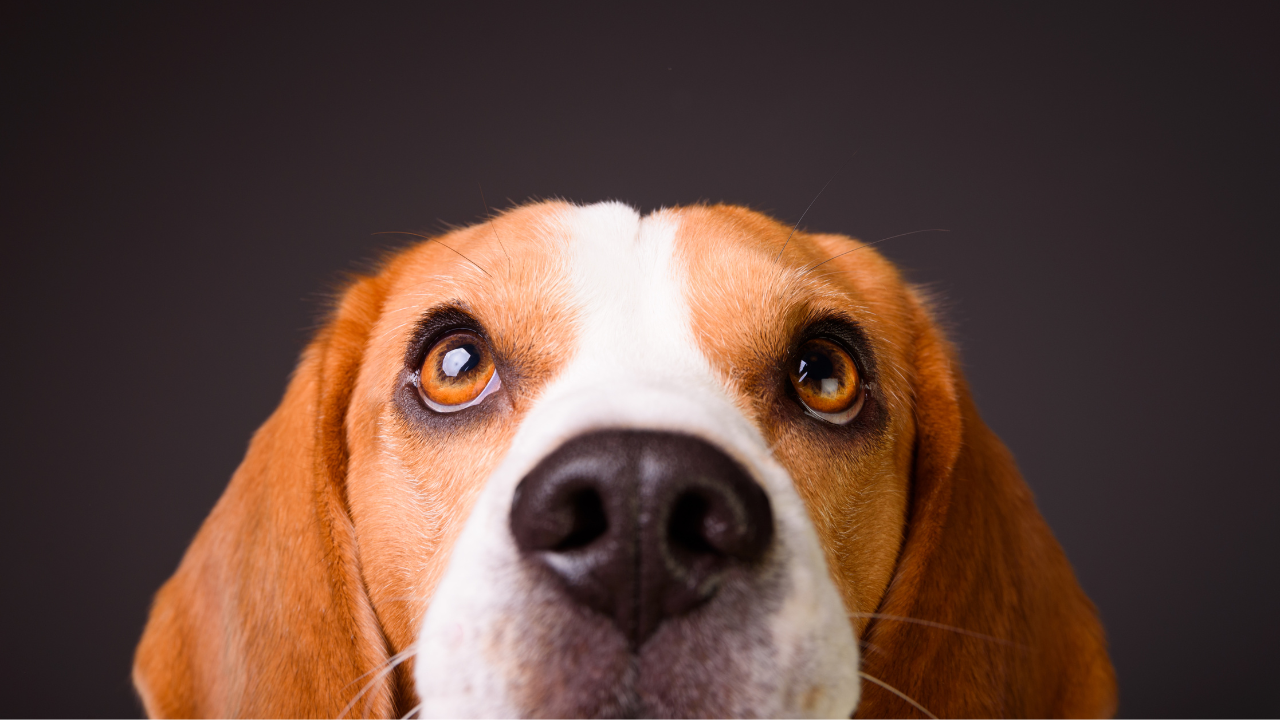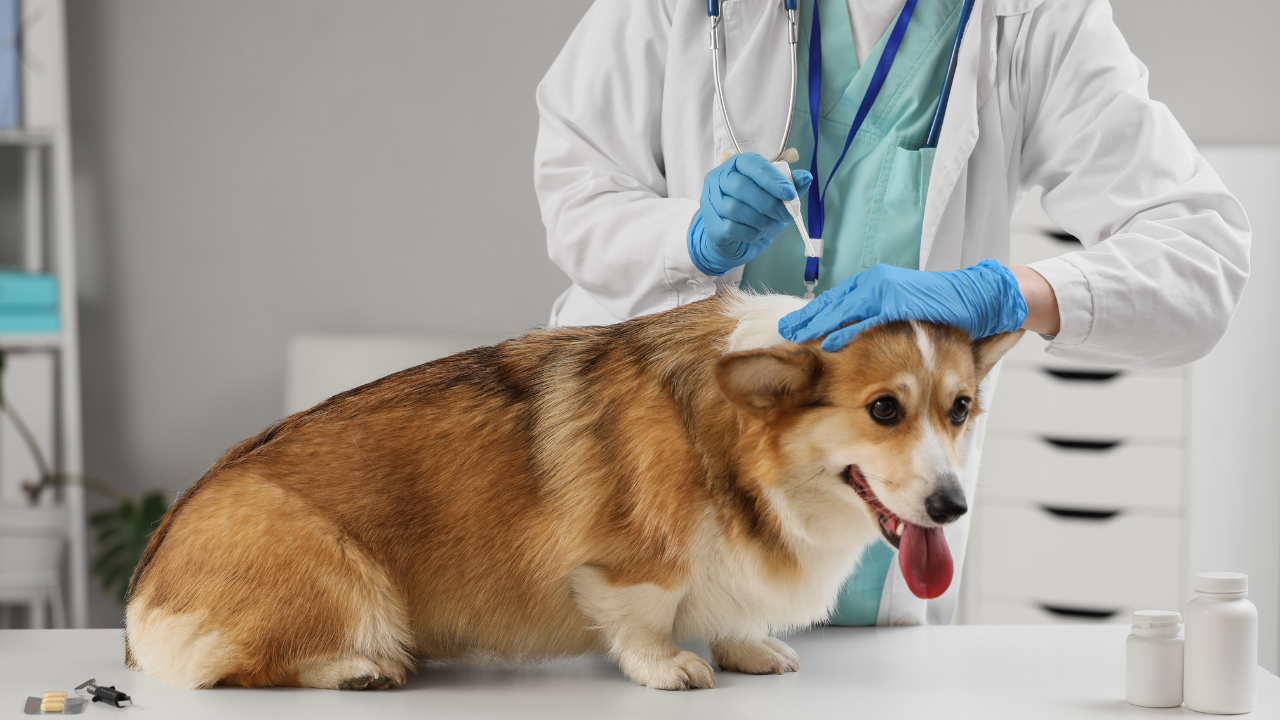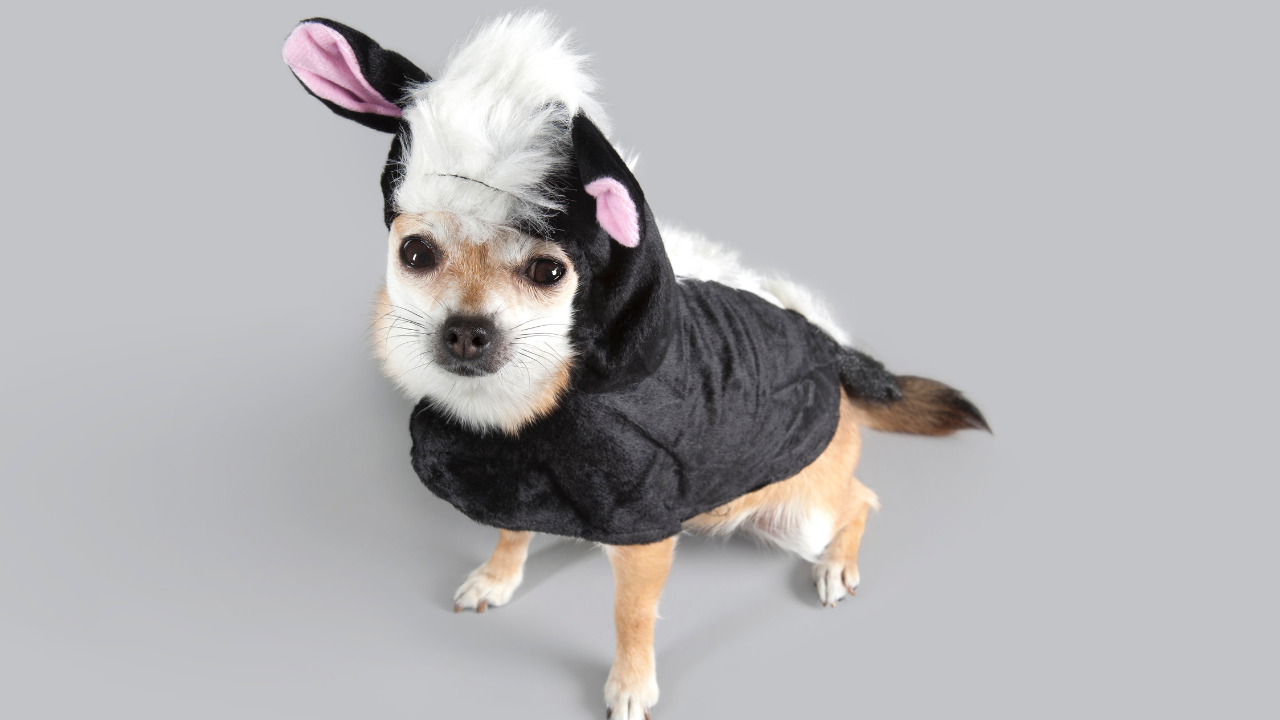How to Relieve Dog Itching: A Groomer's Guide

As a groomer, you know that dogs come in all shapes, sizes, and coat types, each with its unique set of grooming needs. One common issue many dog owners face is their pet's itching. It can be frustrating to see a dog constantly scratching, biting, and licking itself, not to mention the discomfort the dog is experiencing. This guide will provide you with the essential tips and tricks to relieve dog itching and make your pet more comfortable and happy.
Understanding the Causes of Dog Itching
Before you can effectively treat dog itching, it's essential to understand the underlying causes. Here are some of the most common reasons:
Allergies
Dogs can suffer from various allergies, including food allergies, environmental allergies (like pollen or dust mites), and contact allergies (caused by certain shampoos or cleaning products).
Parasites
Dogs often experience intense itching due to fleas, ticks, and mites. These small bugs can cause significant discomfort and skin irritation as some dogs can be allergic to the parasites' saliva. When a tick bites, it releases saliva that contains proteins and other substances. Some dogs may develop an allergic reaction to these substances, which can cause symptoms such as itching, redness, swelling, or hives at the bite site.
Dry Skin
Just like humans, dogs can experience dry skin, especially in colder climates or during winter months. Dry skin can lead to itching and flaky skin.
Infections
Bacterial or fungal infections can cause severe itching. These infections usually happen when a dog gets hurt or in warm, damp spots on their body.
Underlying Health Conditions
Conditions such as hypothyroidism or autoimmune diseases can lead to skin issues and itching.
How to Relieve Dog Itching?

Relieving dog itching requires a combination of good grooming practices, proper nutrition, and sometimes medical intervention. Here's how you can help your dog find relief:
Regular Grooming
Regular grooming is crucial for maintaining your dog's skin and coat health. Brushing your dog helps remove loose hair, dirt, and parasites, reducing the chances of itching. Dogs can be itchy after grooming if not done correctly, so invest in a good-quality brush suitable for your dog's coat type. Regular grooming is important for your dog’s overall well-being and can prevent many skin issues.
Bathing
If your dog has irritated skin and allergens, you can bathe them with a gentle, hypoallergenic shampoo. You should never use human shampoos on your dog due to their skin's sensitivity, as the pH levels of humans and dogs differ. Look for products specifically designed to relieve itching in dogs. Opt for natural shampoos and conditioners made from ingredients like coconut, aloe vera, honey, and similar substances.
Brushing & Grooming
Regular brushing helps distribute natural oils across the dog's coat, reducing dryness and itching. Use the appropriate brush type for the dog's coat and skin sensitivity:
- Pin Brush: For long-haired breeds. It helps detangle and smooth the coat without causing breakage.
- Slicker Brush: Your most versatile brush. A slicker brush is ideal to use on dogs with medium to long, wavy, or curly coats. It's particularly effective for removing tangles, mats, and loose hair from coats.
- Bristle Brush: Suitable for short-haired breeds. It helps distribute natural oils, adds shine, and removes loose fur.
- Comb: Ideal for detangling and removing mats in long-haired breeds. It can also be used for precise grooming.
- Grooming Mitt: Useful for short-haired breeds. It helps remove loose hair and provides a gentle massage.
Flea and Tick Prevention
Keeping your dog free from fleas and ticks is essential to prevent itching. Use vet-recommended flea and tick preventatives regularly. Check your dog's fur and skin for signs of parasites, especially after outdoor activities.
Topical Treatments
There are various topical treatments available to help relieve dog itching. These include medicated sprays, creams, and ointments. Aloe vera and chamomile are natural ingredients that can provide soothing relief.
When to Consult a Vet: Persistent Itching in Dogs
If your pet is scratching a lot, it's usually okay to take care of it at home as part of your regular Pet Care Routine. But if the scratching keeps going for more than a few days, or if you see sores, scabs, or bald spots on your pet, it's best to see the vet. You should also visit the vet if you notice a bad smell coming from your pet's skin, if your pet won't stop licking or scratching at one spot, or if you see any signs of infection like redness, swelling, or discharge. The vet can do some tests to find out what's causing the scratching and can recommend treatments like special food, medicine, or other ways to help your pet feel better.
How to Reduce Dog Itching with Dietary Changes
Diet is really important for a dog's health, including their skin health. Here are some dietary changes that can help reduce itching:
Introduce Omega Fatty Acids: Omega-3 and omega-6 fatty acids are essential for healthy skin and coat. Consider adding fish oil or flaxseed oil supplements to the dog's diet.
Hypoallergenic Diet: If food allergies are suspected, a hypoallergenic diet can help. It involves providing the dog with a novel protein and carbohydrate source.
Balanced Nutrition: Ensure the dog's diet is well-balanced, providing all essential vitamins and minerals. Poor nutrition can lead to a weakened immune system and skin problems.
Hydration: Always provide fresh water to keep the dog well-hydrated. Dehydration can cause dry skin and exacerbate itching.
Before making changes to your dog’s diet, always consult a veterinarian first.
Reasons Why a Dog May Be Itchy After Grooming
While grooming is essential for maintaining a dog's health, it can sometimes lead to itching. Here are three common reasons why a dog might be itchy after grooming:
Skin Irritation
The grooming process can sometimes irritate a dog’s skin, especially if the groomer uses harsh shampoos, clippers, or scissors. Sensitive skin can react to grooming tools and products, leading to itching and discomfort.
Residual Shampoo
Improper rinsing of shampoo can leave residue on your dog's skin, causing itching. It’s important to ensure that all grooming products are thoroughly rinsed off to avoid irritation.
Allergic Reactions
Dogs can be allergic to specific grooming products or materials used during the grooming process, which can be a common reason for the dog to be itchy after grooming.
Choosing the Right Products to Help Relieve Dog Itching
 If your dog is itching a lot, choosing the right products can make a big difference. Here are some things to consider:
If your dog is itching a lot, choosing the right products can make a big difference. Here are some things to consider:
Shampoos
Pick shampoos made specifically to help with itching. Look for natural ingredients like oatmeal, aloe vera, and chamomile, as they're gentle on the skin. Ask your veterinarian to prescribe a medicated shampoo to address the skin issues.
Supplements
Think about giving your dog supplements to keep their skin healthy, like omega-3 fatty acids, vitamin E, and biotin.
Anti-Itch Sprays
For quick relief from itching in specific areas, consider anti-itch sprays. Sprays with hydrocortisone are especially good at reducing inflammation and itchiness.
Check Out These Courses to Teach You More About Proper Dog Care & Grooming
Interested in learning more about taking care of pets and keeping them looking great? If so, you might want to consider signing up for some specialized courses. Here are a few recommendations:
1. Beginner Dog Grooming Course
This Dog Groomer Assistant Course provides a solid introduction to dog grooming, teaching you all the essential skills and techniques. It's perfect for anyone who wants to start a career in dog grooming or just improve their pet care skills.
2. Intermediate Dog Grooming Course
Online Dog Grooming Course for first time pet owners is great for those who already have some grooming experience. It goes into more advanced grooming techniques, like dealing with different types of coats and handling common canine emergencies.
3. Advanced Dog Grooming Techniques
The combo Grooming course is designed for those who want to Become a Dog Grooming Expert. It covers foundational grooming techniques, understanding dog behavior, and how to handle tricky grooming situations.
4. Professional Dog Grooming Course
If you're thinking about becoming a professional dog groomer, this Professional Dog Grooming Course covers everything you need to know, from the basics of grooming to running your own grooming business. It also includes detailed lessons on keeping a dog's skin and coat healthy.
Conclusion
Dog itching is a common problem that can significantly impact your pet’s quality of life. Dogs itchy after grooming can be a particular concern, often due to reactions to grooming products or techniques. By understanding the causes and implementing effective strategies to relieve itching in dogs, you can ensure your furry friend stays comfortable and happy. Regular grooming, proper diet, and the right products are key components in managing your dog’s skin health. Remember, if itching persists, veterinary care is necessary for your pet to rule out underlying issues and provide appropriate treatment.
Investing in your knowledge through the PDGA mini-courses can further enhance your ability to care for your dog and maintain their well-being. Click on the image below to learn more about our mini-courses, perfect for the ultimate pooch parent!
By following these guidelines, you’ll be well-equipped to help relieve dog itching and keep your pet’s skin healthy and irritation-free.
I hope you learn something new today. If you have any dog care or grooming-related questions, feel free to send them to me at [email protected], and I'll do my best to answer them. Until next time, stay fur-tabulous!
Love,
Donia, Pocket & The PDGA Team





